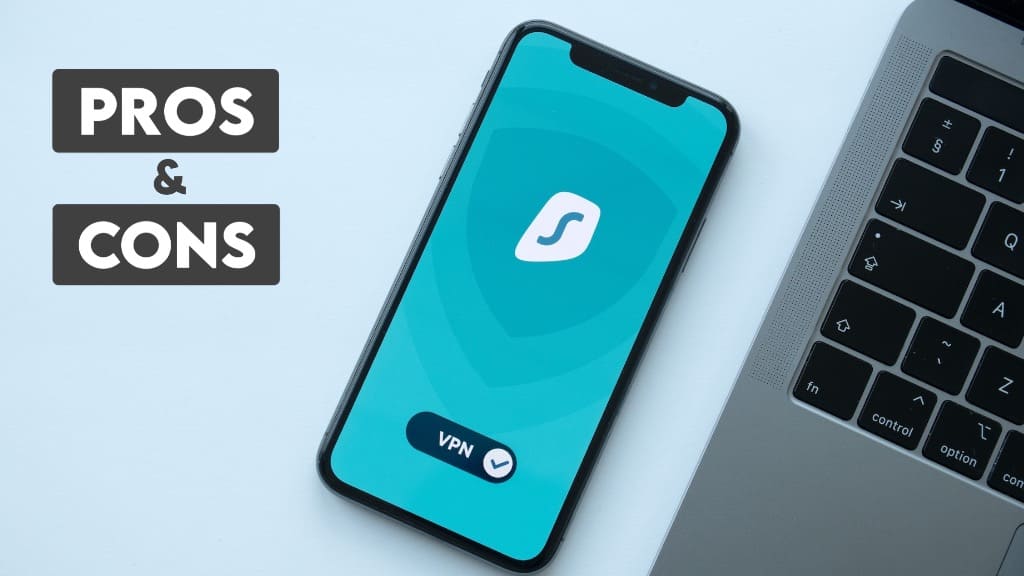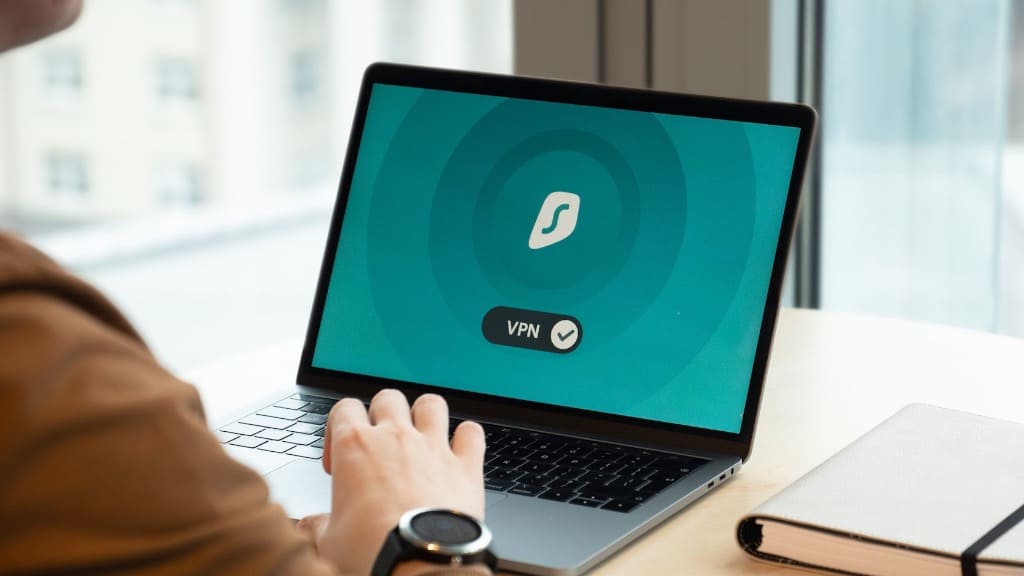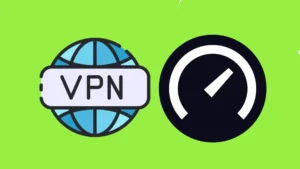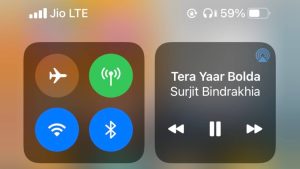VPNs have been in the existence since the early days of the internet evolution. There are famous for a number of reasons. Whenever we talk about online privacy and security, we cannot forget to mention VPNs. They are most commonly used to bypass blocked websites and geo-restricted content but the usage of VPNs is far broader than that.

VPN (short for Virtual Private Network) provides you with a secure way to surf the web safely by encrypting your internet traffic. If you are new to the term VPN, you will have so many questions in your mind like what is VPN, how it works, whether it is safe, when you need to use it, what are its pros and cons, and more. We came up with this article to clear all your doubts about VPNs. Let’s discuss the advantages and disadvantages of using a VPN.
Table of Contents
1. Access blocked websites

There are several instances when you encounter that your access to a particular website is blocked for some reason. This could happen due to censorship by your government or Internet Service Provider (ISP). Sometimes you are restricted to access non-useful websites at your work, school, or college. Other reasons for website blocking could be geo-restriction or parental control. Whatever the reason, using a VPN is the ultimate solution to bypass blocked websites. VPNs are widely used for this purpose.
There are hundreds of VPN providers in the market both free and paid. All of them work the same way but what makes them different is their speed, privacy and security factor. If you are concerned about your online privacy and you need a good internet speed, you should always opt for a premium VPN.
2. Change your location
VPN can also help you change the location of your device to make the apps, websites and other third-party services believe that you are located in a different place. You can even change your location to a different country and hide your real IP address. Most premium VPNs have this facility to let you pick up the server of your choice. These servers are located in different parts of the world. Selecting a server from a different location will help you stay anonymous on the Internet and access geo-restricted content.
3. Browse the web anonymously

Staying anonymous on the Internet is a big concern for many of us. You might not be aware of the fact that you are being tracked by your network provider, government, hackers, websites, advertisers, and other third parties. VPN comes to the rescue by hiding your identity while browsing the Internet. It masks your IP address which makes it harder for websites and third parties to track your activity. This gives you the freedom to surf the web anonymously. You can even access dark web on the internet without anyone keeping an eye on you.
4. Bypass geo-restriction
Geo-restriction, also known as geoblocking, is the practice of blocking access to the content or service based on the location of the user. There are some apps and websites that are only available in certain countries. Another great example of geoblocking can be seen on Netflix. The movies and TV shows that appear on the Netflix library can vary depending on the region you are located in. Some movies and TV shows may not be available in your region. If you ever come across geo-restricted content, you can use a VPN to bypass that restriction.
5. Use public Wi-Fi securely
Using public Wi-Fi isn’t considered safe for so many reasons. It is very easy to find free Wi-Fi facilities at metro stations, cafes, airport, malls, and other public places. We humans have this tendency to get attracted to free services. But you should be cognizant of the fact that these public Wi-Fi possess a great security risk and makes you vulnerable to hackers.

When you are connected to public Wi-Fi, you are openly exposed to hackers sitting in the same network. This can result in your device getting hacked and even your personal information can be compromised. Public Wi-Fi also invites malware, viruses, and worms to your device. A secure way to access public Wi-Fi is by using a VPN service. VPN will build a safe and secure connection over public Wi-Fi by encrypting your internet traffic.
6. Protect your data and privacy

Now let’s talk about how a VPN gives you online privacy and security. VPN uses end-to-end encryption technology to encipher and route your data through an encrypted tunnel. When you access the web directly without a VPN, the data packets that you exchange during the process aren’t encrypted. This makes your data vulnerable to the man-in-the-middle. On the other hand, when you are using a VPN, not only your data is encrypted but you are accessing the web anonymously from a different location. Even if someone has access to your data, they will not able to decrypt it.
Disadvantages of using a VPN
Despite having so many benefits, VPN has few disadvantages as well. Here we have listed them –
- Cost factor – Most premium VPNs aren’t free. Although, you can find hundreds of free VPN services but they don’t serve the purpose of data security. A good and safe VPN will cost you on a monthly or annually basis.
- Data breaches – There have been several instances in the past when VPN services are accused of data breaches. VPN is mainly used for data privacy and security but ironically, it can expose you to hackers and third parties when there is a data breach.
- Slow internet speed – Using a VPN will slow down your internet speed. This is because your internet traffic is now being passed through an intermediate server. You might face lagging issues when streaming videos and games.
- Blocking – Certain websites and services may block you from accessing their content if they found that you are using a VPN.
- Banned – VPNs are banned or highly restricted in certain countries because they break internet censorship. Although, the majority of countries allow the usage of VPNs as long as you are not engaging in illegal activity.
- Data security issues – VPN can only encrypt your internet traffic. The data stored on your device will still be vulnerable. To protect yourself from phishing, viruses, and malware, you have to use antivirus software.
Frequently asked questions
Yes, using a VPN is legal in India. There are no specific laws that prohibit the use of VPN services for individuals. Many people in India use VPNs for various purposes, including enhancing online security and accessing geo-restricted content. However, it’s important to use VPNs for legal and ethical purposes, as engaging in illegal activities through a VPN can still lead to legal consequences.
Yes, a VPN can hide your Wi-Fi history from your internet service provider (ISP) and other potential snoopers. When you use a VPN, your internet traffic is encrypted and routed through a secure server, effectively masking your online activities, including your browsing history, from prying eyes.
A VPN protects you from various online threats and risks by encrypting your internet traffic and masking your IP address. It safeguards you against hackers, government surveillance, geo-restrictions, data theft, and online tracking.
Free VPNs can be used, but they come with potential risks. While some are safe, many free VPNs have limitations, such as reduced security, slower speeds, and data privacy concerns. Some may log your data or sell it to third parties for revenue.
Conclusion
So these were some advantages and disadvantages of using a VPN. We hope now you have got a better idea of what a VPN is and how it works. This will help you decide whether you actually need it or not. We can’t disagree with the fact that VPN actually makes our data secure but all this makes sense only if you are using a premium VPN. You should never go for a free VPN service as it can cost you your privacy and security. If you have any questions regarding this topic, feel free to discuss them in the comments below.
Read other similar articles:
- NordVPN Review: Is It the Best VPN for Security and Privacy?
- Top 5 Best VPN Apps for Android Phone
- How to Access TikTok After Ban in India
- How to Block Websites on Android Chrome


